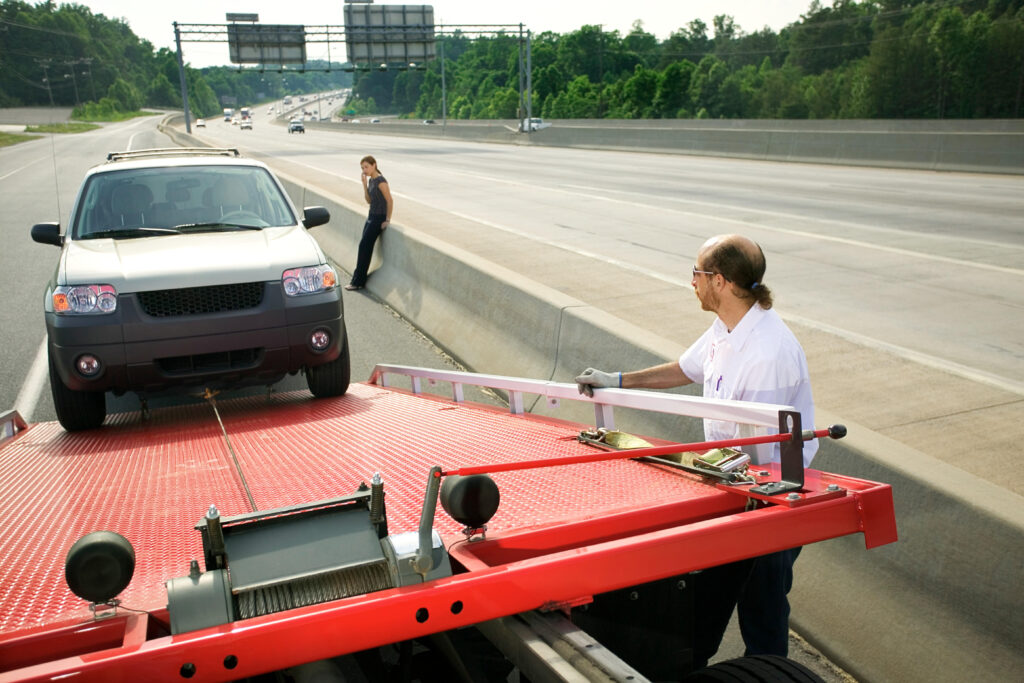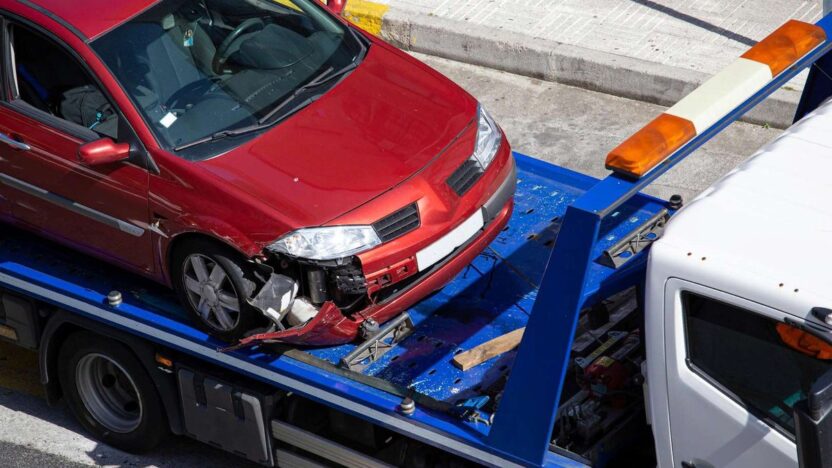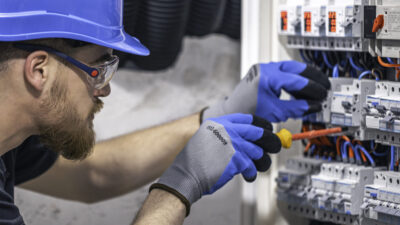Breaking down on the road and stranded in the middle of nowhere is a nightmare for every driver. Car breakdowns are a result of accidents or mechanical issues.
Car breakdown recovery services assist drivers stuck in car malfunctioning on the road. They provide services such as vehicle towing, fuel delivery if car fuel runs out, jump-starting in case of a dead battery, etc.
This blog discusses how these car breakdown services work to rescue your car.
How Do Recovery Services Operate:
Car recovery services follow a well-coordinated process to resolve your car breakdown situations quickly. Following are the key steps of their service from start to end:
Receiving Your Call:
When experiencing a breakdown, you call the nearest car recovery service hotline. On the other end, the dispatcher notes all the information, such as your exact location, car number, and the nature of the issue.
Vehicle Assessment:
When the car recovery team arrives, they thoroughly assess your car’s situation. Then, based on the problem, they determine whether your vehicle can be fixed on-site or transported to the repair facility.
Vehicle Transportation:
If your car has an accident, it can’t be driven in the broken form. It must be transported for deep repair. The car breakdown service tows the vehicle to the nearby garage or your preferred location, such as your home.
On-Site Repairs:
If your car needs minor repairs that can be done on-site, the recovery team will repair it. Those professionals have the necessary tools and equipment to resolve your car’s minor problems. This can be replacing your flat tyre, jump-starting your vehicle, or fuelling your car.
Compliance With Traffic Regulations:
To start the recovery process, they tow the vehicle to the side of the road to follow the safety protocols. The car recovery team uses hazard lights, sets up proper signage to warn other motorists, and complies with traffic regulations to avoid accidents.
Documentation:
The car recovery team documents your car’s breakdown, the services they provide, and the repairs they have conducted. This documentation will be helpful when you visit the mechanic in the future.
When Do You Need a Car Recovery Service:
You’ve read about the services of car breakdown recovery teams. Now you must know when you might need these services:
Accidents:
You must call your city’s car recovery services when you are unfortunate to meet with an accident. These services, such as Accident Recovery Croydon, operate 24 hours a day and reach you quickly wherever you are in Croydon.
Breakdowns:
While driving, if your car breaks down due to serious mechanical issues, such as engine failure or overheating, you’ll have to call the car breakdown recovery team for assistance.
Electrical Failures:
Electric failures like a dead battery or faulty alternator make your car immobile in the middle of the road, leaving you no choice but to call a car recovery service team.

Fuel Shortage:
If you run out of petrol on a highway, you need a car recovery team for fuel delivery or to tow your car to the nearest petrol station.
Flat tyres:
Call the car recovery services team if your tyre is punctured and you can’t replace it yourself. They may also take your car to the nearest garage to fix the tyre puncture.
Vehicle Stuck in Mud or Snow:
If your car cannot move due to being stuck in mud or snow, pulling it out yourself may further push it down. So, it is better to call a car recovery service like Vehicle Recovery Croydon to help you rescue your vehicle safely.
How to contact a Car Breakdown Recovery Service:
You must know about the car recovery services in your area. Do well research on Google and save their contacts as emergencies happen unexpectedly.
Conclusion:
Sudden breakdowns on the road are a very daunting experience. When you have nobody to help you in that unexpected situation, the car breakdown recovery services rescue you. They provide relief and assistance using their tools, vehicles, and training to handle various situations. Car recovery services are crucial today due to the increasing number of cars and traffic on the road.



